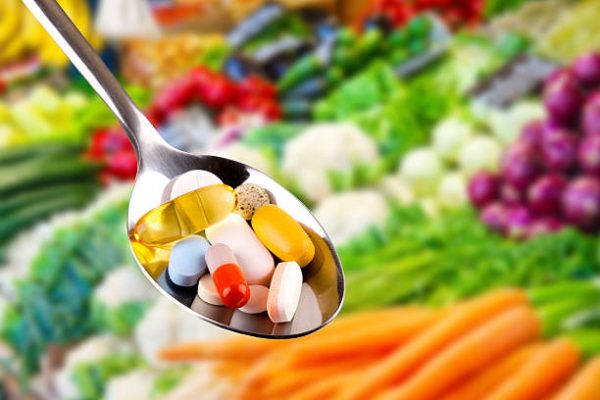Multivitamins, Vitamins and Minerals
Benefit From Taking Food Supplements | Vitabase Health
Food supplements are a popular way of improving your diet. They can be used to increase the number of certain vitamins or minerals in your diet or to help you get enough nutrients when you’re having trouble eating a wide range of foods.
Food supplements are also known as dietary supplements or functional foods. They may be in liquid form or pill form. And they’re not meant to replace the food you eat but rather enhance it.
Food supplements are usually taken by people who want to improve their general health and well-being by consuming adequate amounts of specific vitamins and minerals. For example, pregnant women or breastfeeding take calcium supplements, and those who do not get enough calcium from their diet.
Food supplements can be found in many forms: tablets, capsules, powders, and drinks. They can also be found in foods such as breakfast cereals or yogurts fortified with extra vitamins or minerals. While these products may help increase your nutrient intake, they should not replace a balanced diet containing fresh fruit and vegetables.
Food Supplement Vitamins, Minerals
Types of Food Supplements
Food supplements include vitamins, minerals, and other substances that may be useful in maintaining good health. Some of the most common types of food supplements include:
Vitamins: Vitamins help regulate your metabolism, support growth and development, maintain healthy skin and hair, aid in tissue repair, and generally improve your overall well-being.
Minerals: Minerals are essential for building strong bones and teeth and regulating muscle function, nerve transmission, and blood clotting.
Essential fatty acids: Essential fatty acids (EFAs) play an important role in brain function because they are needed for proper brain development during pregnancy and childhood. They also help lower cholesterol levels in the blood by inhibiting the production of LDL (bad) cholesterol while increasing HDL (good) cholesterol.
Herbs: Herbal supplements contain plant material such as leaves, flowers, or roots that have health benefits when eaten or drunk as tea or tincture (an extract). Examples include chamomile tea for anxiety relief and ginger for stomach upset or nausea. Herbal teas are not regulated by the U.S. Food and Drug Administration (FDA), so check labels carefully before buying them at the store to make sure they’re safe for you to use
Who Needs Food Supplements?
The following groups of people may benefit from taking food supplements:
Athletes need greater amounts of certain vitamins and minerals than in their regular diets (to help prevent deficiencies). However, it should be noted that these athletes should be aware of the possible side effects caused by these supplements.
People who have certain types of kidney problems (such as diabetes mellitus) that can stop them from absorbing enough vitamin D from foods in their diets.
Those who cannot get enough vitamin D from sunlight exposure or foods containing vitamin D added during cooking or processing (for example, fortified margarine). Those at risk include people with dark skin pigmentation, older adults, and those living in northern climates where sunlight is less intense for most of the year.
Those who don’t get enough nutrients from their regular diet
Those who have an illness or disease that prevents them from eating normally (like cancer)
For those who want to lose weight without changing their diet
Final Verdict
There is increasing evidence that food is medicine and that a healthy diet is essential to leading a long and healthy life. If you want to improve your diet or feel better overall, food supplements may just be the path you’re looking for.


